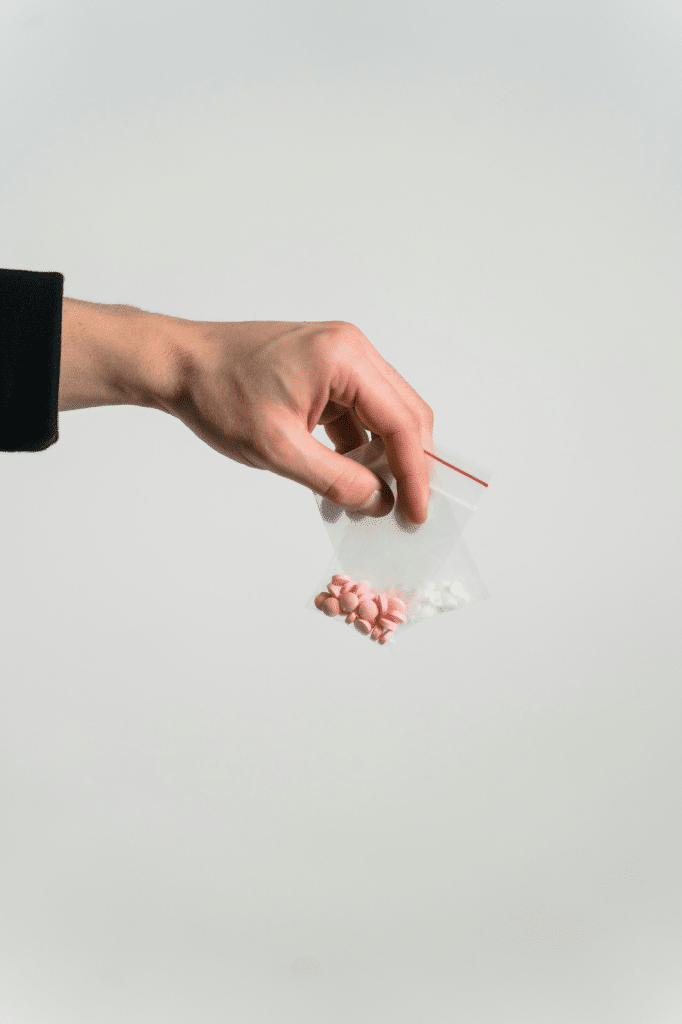Addiction recovery has never been a part-time job. For many, the traditional rehab option meant dropping work, family and daily responsibilities to focus on recovery; a luxury that not everyone can afford. But addiction treatment is evolving. Across Massachusetts and in cities nationwide, evening intensive outpatient programs (IOPs) are a lifeline for working professionals who can commit to recovery without having to put life on hold.
Recovery from addiction was once a years-long model of all-or-nothing: Either you’re “in treatment” or you’re not. That was possible for some, but for those who had jobs, child care or school to manage, it too frequently created more hurdles. That’s where the intensive outpatient model of treatment gained popularity.
An IOP allows individuals to have access to evidence-based, organized treatment a few times a week while still living at home and maintaining their customary responsibilities. Evening IOPs, in particular, brought a new degree of access that is long past due.
In places like Massachusetts, where the demand for outpatient addiction treatment flexibility continues to grow, this new paradigm is helping individuals to see recovery not as a disruption to life but as an enhancement to it.
Why evenings make all the difference
Imagine finishing a full day’s work, picking up the kids, making dinner and then checking out of chaos to work on your recovery. That is life for many of those who attend evening IOPs.
By conducting therapy sessions and group meetings after normal working hours, such programs create a recovery path that harmonizes with real life. It’s a thoughtful compromise: You can work, you can maintain your financial independence and you can continue to get top-quality treatment.
For most adults, this flexibility removes one of the biggest barriers to getting help; time. Most are afraid to get help because they can’t take time off. Evening programs remove that barrier so that recovery can be an option that feels realistic and sustainable.
How Massachusetts is leading the way
Massachusetts is renowned for its innovative healthcare and intensive outpatient program, and treatment for addiction is no exception. Massachusetts rehab centers, across Boston and Rockland, are increasingly adopting the evening IOP model to cater to working adults.
Take, for example, the Rockland Recovery Center, a Massachusetts rehabilitation center known for its humane and evidence-supported care. Its intensive evening intensive outpatient program offers a formal recovery trajectory without requiring clients to leave their professional and personal commitments.
The Rockland Recovery website provides comprehensive information about their treatments, including detox, day treatment and other outpatient alcohol addiction treatments. They are founded on a mission of accessibility and empowerment; empowering people to receive the help that they need without having to make a recovery versus real life choice.
Evidence-based care with a modern twist
Just because it’s flexible doesn’t mean it’s less effective. In fact, evening IOPs rely on the same evidence-based therapies you’d find in traditional daytime programs. Cognitive-behavioral therapy (CBT), motivational interviewing, relapse prevention planning and family therapy are common components.
These programs typically occur three to five times a week and include a number of hours of organized care per session. Patients learn how to identify triggers, improve coping and establish healthier habits that go far beyond treatment hours.
Outside of therapy, most addiction recovery programs also prioritize holistic recovery; introducing mindfulness techniques, stress reduction and even fitness or nutrition counseling. This multi-faceted approach recognizes that recovery is not solely a matter of giving up chemicals, but rather of restoring life in general.
A society that gets
Addiction can be isolating. One of the best-kept secrets about evening IOPs is the sense of community they create. Being able to share experiences with others who get the balancing act of work and recovery creates strong bonds.
Most find that their nighttime groups become a sanctuary to relax and recharge after a day of stress. It’s an environment where people can support one another’s progress while being held accountable to each other; something that is not readily possible with individual recovery efforts.
The community aspect also helps dissolve the stigma of drug rehab. Recovery is a routine, and as such, it is simply a routine thing like everything else, not something to hide or even apologize about.
Changing attitudes towards recovery
Evening IOPs are not just about convenience scheduling; they’re changing the way society thinks about addiction and treatment. The traditional image of “going away” to rehab is giving way to a newer understanding, where recovery can occur alongside life.
This is especially meaningful for those who fear career reversal or employer criticism. By choosing an evening program, they can receive assistance quietly while still showing up at work and to their families. It’s proof that treatment isn’t about backing away from life, it’s about moving forward in a healthier way.
The road ahead
With an increasing number of people embracing flexible recovery options, evening IOPs will keep expanding. They occupy the middle ground between intensive care and everyday living, offering a real alternative for people who cannot take a break.
However, the main message does not ever vary: Recovery is possible no matter how crazy life gets. The secret is to get the right support system, and evening IOPs are demonstrating that with the right structure and community, balance can be achieved.
Balancing recovery, work and family is no simple task, but evening IOPs are doing it. By combining the accessibility of outpatient treatment through a addiction recovery program with the rigor of evidence-based therapy, these programs are rewriting the addiction recovery playbook.
